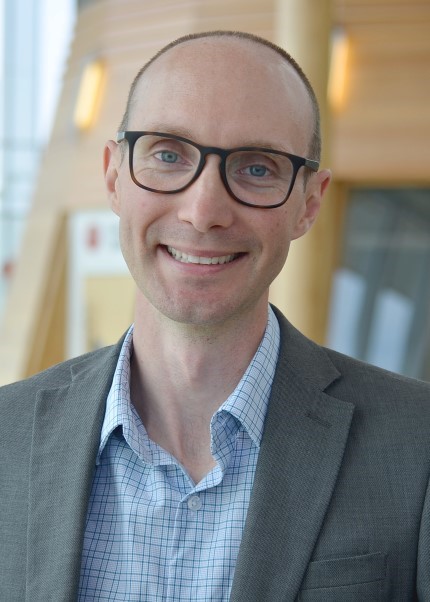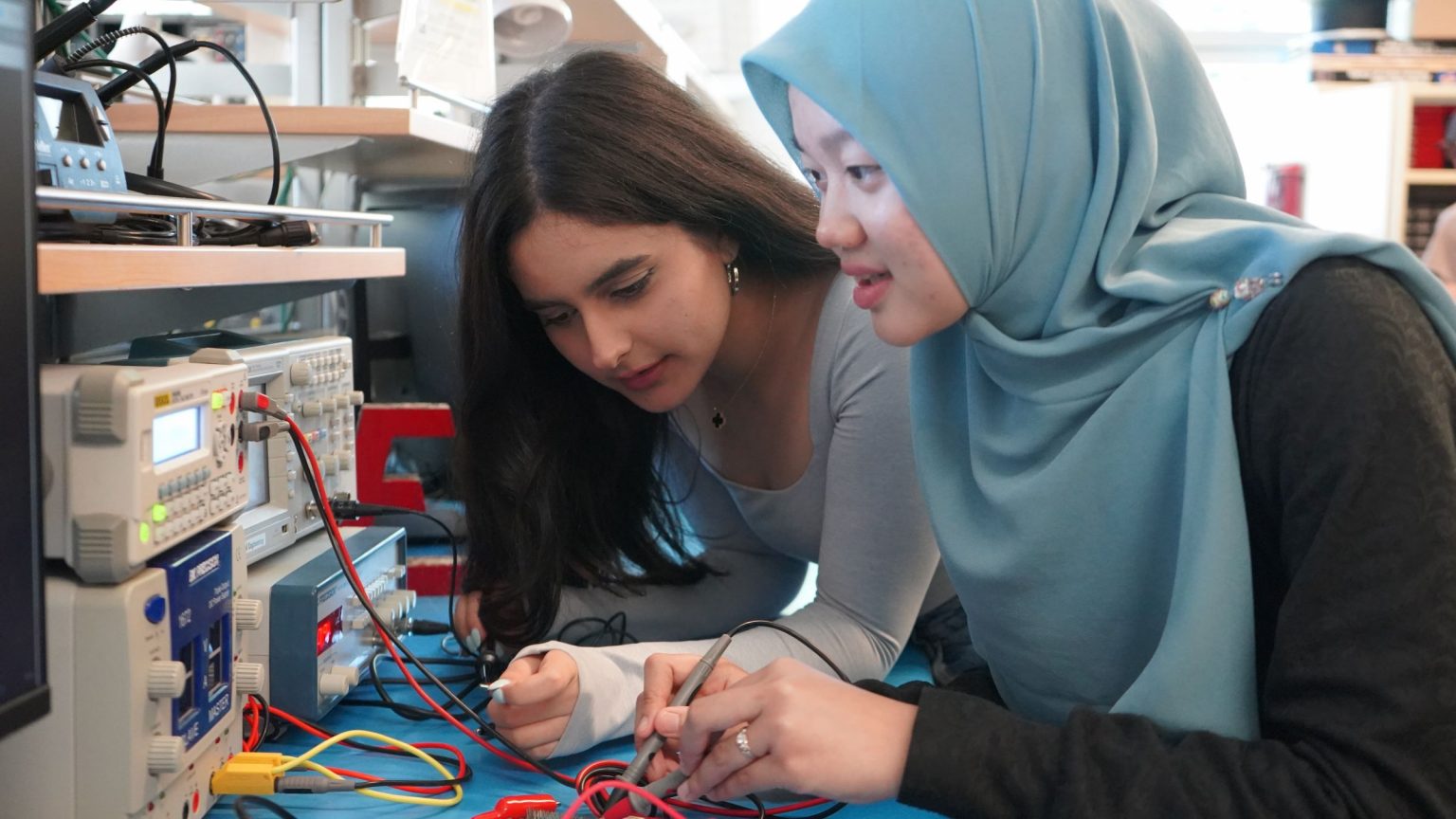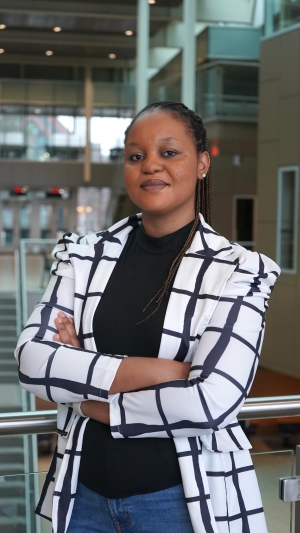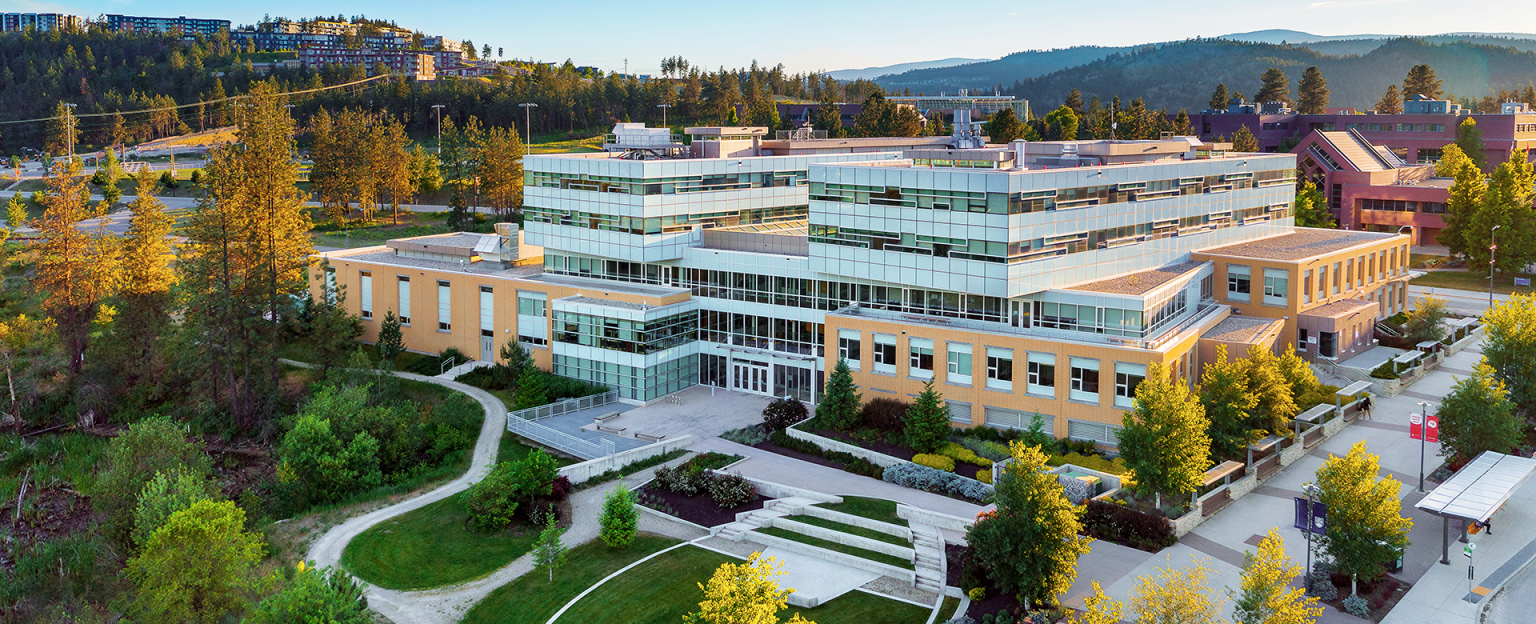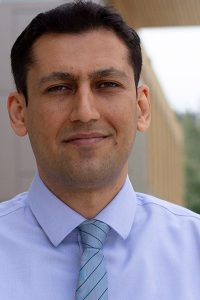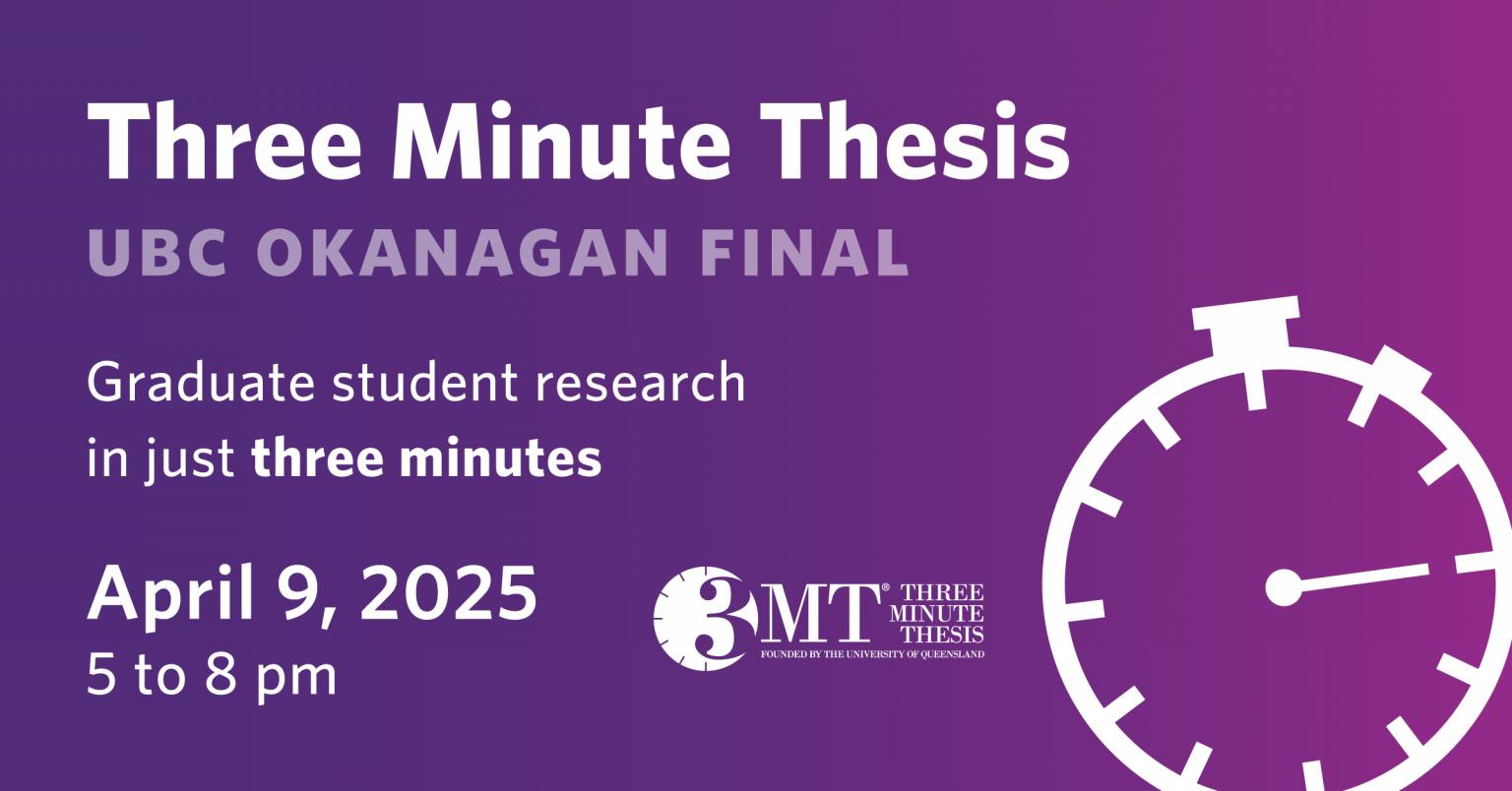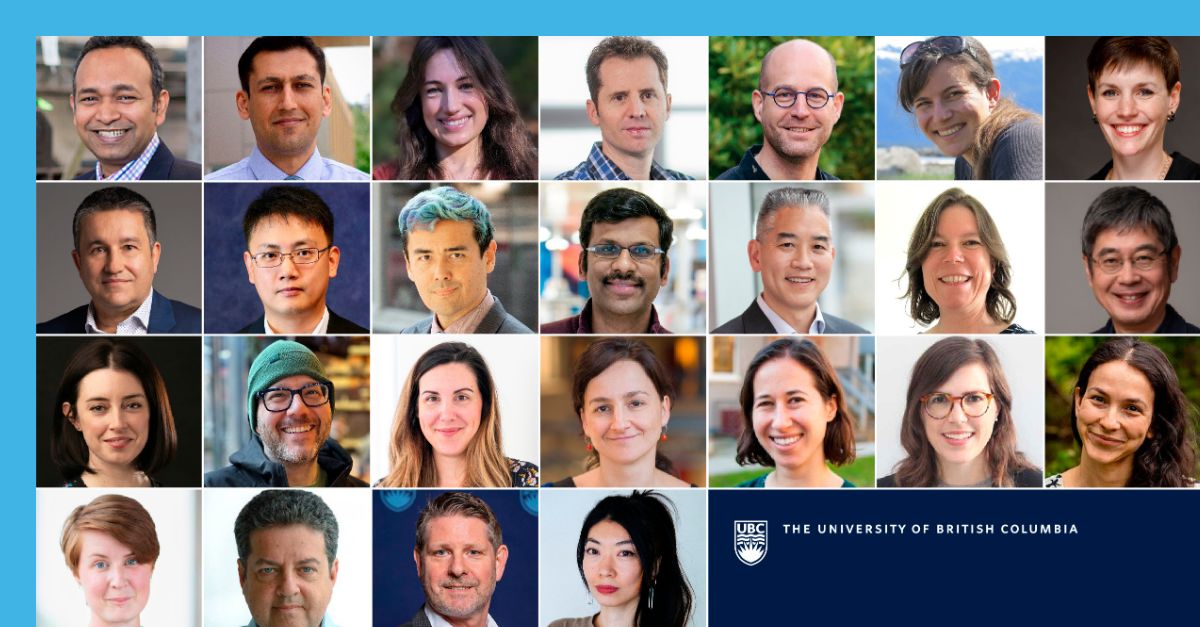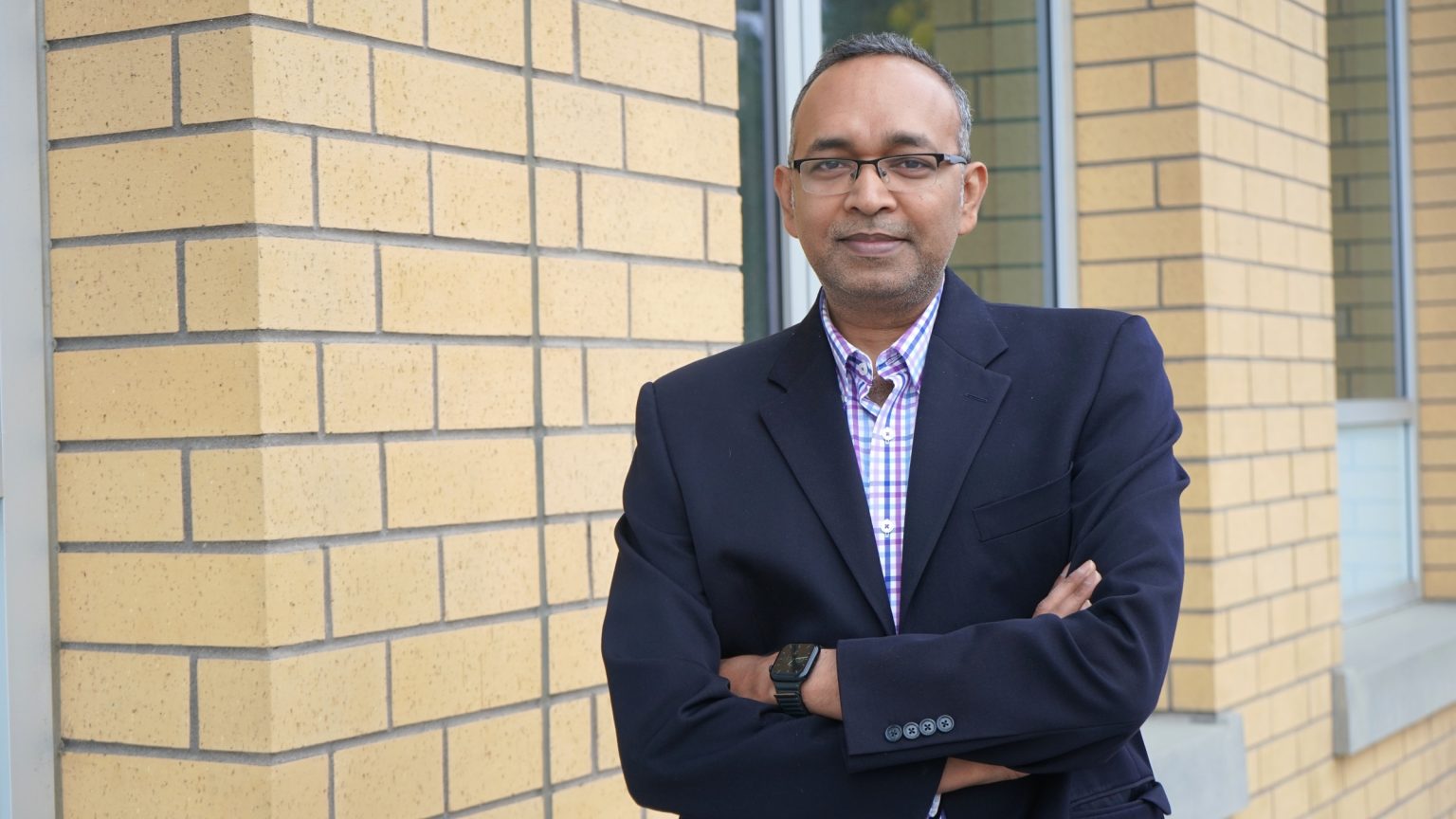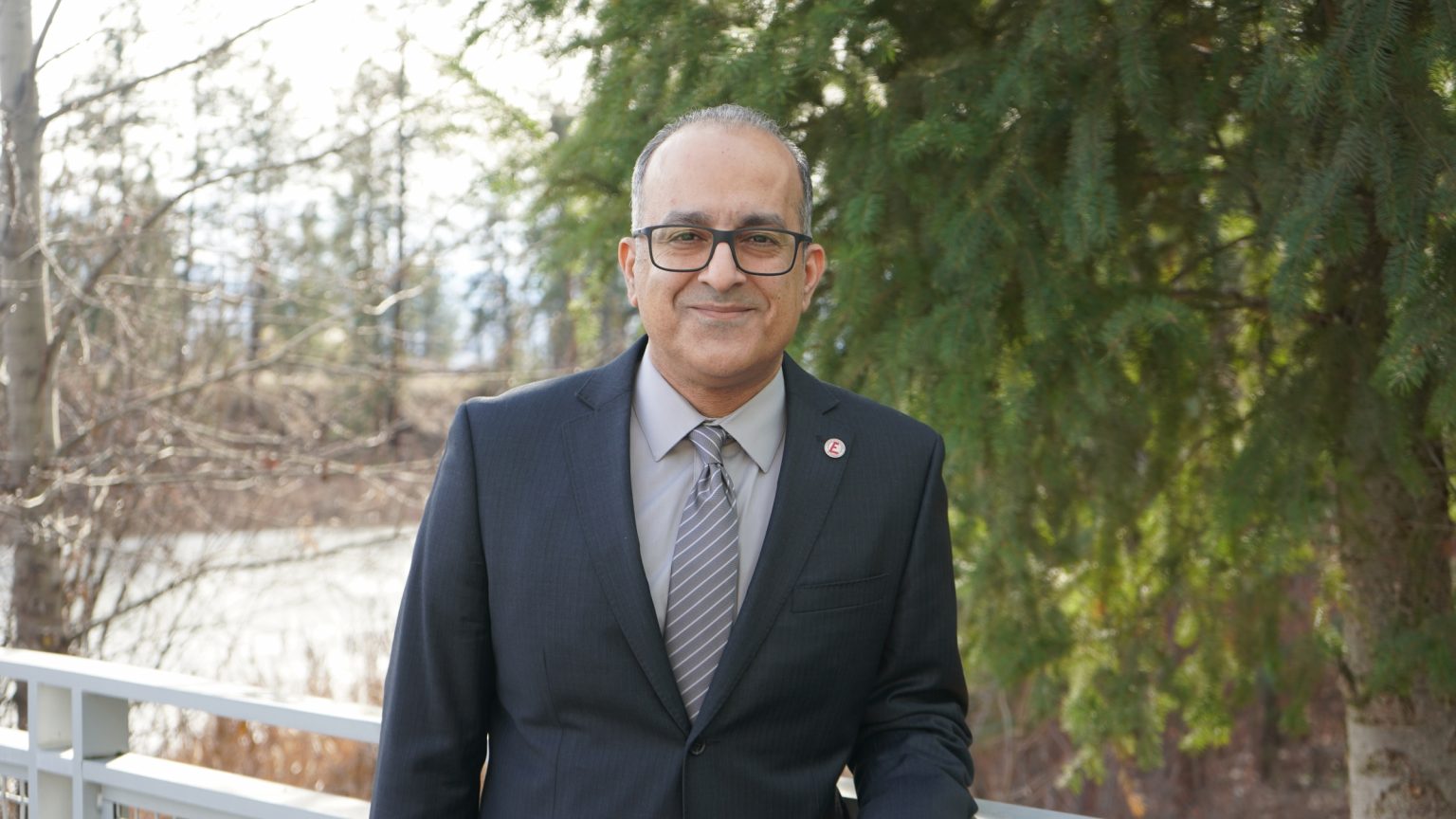
Meet UBC Okanagan School of Engineering faculty member Dr. Mohammad Tiznobaik who recently received UBC Okanagan Provost’s Award for Teaching Excellence and Innovation. Read more about his teaching philosophy, inspiration and hopes for students:
Who inspired you to join UBC Okanagan’s School of Engineering?
Inspired by Dr. M. Bassouni, my Ph.D. supervisor at the University of Manitoba, and Dr. S. Alam, my external Ph.D. examiner, I joined UBC Okanagan’s School of Engineering, a renowned institution for excellence in teaching and research. Since becoming part of UBCO in 2018, I have witnessed and contributed to a community that fosters educational innovation, an inclusive and diverse learning environment, and exceptional research experiences, all aimed at preparing students to become skilled and responsible professionals.
Why did you decide to study engineering?
I chose to study engineering because civil and structural engineering form the backbone of our built environment, shaping the world in profound ways. This field offers endless opportunities to make a tangible impact, from improving transportation networks and ensuring building safety during natural disasters to developing sustainable solutions for environmental challenges. With a high demand for civil/structural engineers worldwide and diverse career paths in consulting firms, government agencies, and construction companies, I saw it as a dynamic and rewarding profession. The combination of technical expertise, problem-solving, creativity, and the ability to contribute to the greater good made engineering the perfect choice for me.
How has engineering changed the way you view the world?
Engineering has fundamentally changed the way I view the world by making critical thinking the foundation of how I analyze and solve problems. Instead of merely observing buildings, bridges, and infrastructure, I now assess their design, materials, and structural integrity with a problem-solving mindset. The main goal of engineering is critical thinking, only and only through a critical thinking approach can one prevent failure in engineering design. This mindset allows engineers to break down complex challenges, anticipate potential risks, and develop innovative, practical solutions.
You recently received the UBC Okanagan Provost’s Award for Teaching Excellence and Innovation. Congratulations! What does this award mean to you?
Receiving the UBC Okanagan Provost’s Award for Teaching Excellence and Innovation is a tremendous honor and a meaningful recognition of my commitment to fostering a dynamic and inclusive learning environment. This award reaffirms my dedication to implementing problem-based learning, breaking down complex subjects into manageable components, and encouraging students to apply their reasoning and prior knowledge to tackle challenging problems. By integrating collaborative learning strategies, I aim to equip students with both technical expertise and essential interpersonal skills that will serve them in their academic and professional journeys.
Beyond the classroom, this recognition fuels my continuous effort to refine my dynamic teaching methodologies. I invest significant time in reviewing course feedback, self-assessing my teaching effectiveness, and staying updated with advancements in engineering education. This award also highlights the importance of inclusivity in engineering, reinforcing my commitment to mentoring students from diverse backgrounds and fostering a learning environment where every student feels empowered to succeed. Ultimately, this recognition is not just a personal achievement but a reflection of the vibrant, engaged, and motivated students who inspire me to continually improve as an educator.
What courses are you teaching?
I teach a variety of courses across different areas of engineering. These include APSC 173 Engineering Analysis II, APSC 258 Applications of Engineering Design, APSC 259 Materials Science I, APSC 260 Mechanics of Materials I, APSC 261 Theory of Structures, ENGR 325 Civil Engineering Materials, ENGR 413 Law and Ethics for Engineers, ENGR 426 Analysis of Indeterminate Structures, ENGR 430 System-Based Design and Construction, ENGR 476 Mechanics of Materials II, ENGR 492 Finite Element Methods, and ENGR 582 Finite Element Methods.
What is your teaching philosophy?
My teaching philosophy is using modern teaching technologies, multimedia resources, and active learning methods to create an inclusive learning environment that fosters collaboration and problem-based learning. I strive to make complex topics accessible by encouraging student participation and reflection, and I make myself available for one-on-one support. I emphasize positive communication and work to build strong relationships with students by being approachable and responsive. With a focus on diversity, inclusion, and adaptability, I tailor my teaching methods to accommodate different learning styles, and I continuously seek feedback to improve my practice. Ultimately, I aim to inspire students to be independent, confident learners and to empower them with the tools they need to succeed in their careers.
What do you hope students take away from your classes?
I hope that students take away more than just technical knowledge from my classes. While mastering the course material is of utmost importance to me, my ultimate goal is to help them develop into value-centered professional engineers who approach their work with integrity, professionalism, and a commitment to lifelong learning. By fostering a learning environment based on respect, open dialogue, and critical thinking, I help students develop the confidence to navigate complex challenges and make sound ethical decisions in their careers.
Through active engagement, hands-on problem-solving, and thought-provoking discussions, I want students to think beyond textbooks and embrace challenges as opportunities for growth. Ultimately, I want my students to leave my classes not only prepared for exams but also equipped with the knowledge, ethical grounding, and adaptability needed to become responsible and skilled professionals.
Who inspires you?
I am deeply inspired by all the incredible teachers I have had throughout my journey. Their dedication to creating an exceptional learning environment has profoundly shaped my approach as an educator and engineer. Through their mentorship, I learned the value of perseverance, intellectual curiosity, and the broader impact of engineering on society. Their expertise and guidance have strengthened my commitment to excellence and ethical responsibility in both academia and professional practice.
Additionally, my father, a teacher himself, has been a lifelong source of inspiration. He taught me that true teaching extends beyond instruction, it is about nurturing knowledge, confidence, and personal growth in students. His passion for education and his ability to mentor others have deeply influenced my teaching philosophy and the way I engage with my students.
Anything else you want to share?
I would like to express my heartfelt gratitude to UBC Okanagan for this recognition and to my incredible colleagues and students for their nomination and unwavering support throughout this journey. Teaching is a truly rewarding experience, and I feel privileged to be part of such a vibrant and inspiring academic community.

 Mohammad Hossein Zarifi (Ph.D. PEng, PRC Tier II, SMIEEE), is currently an Associate Professor and Tier II Principal’s Research Chair (PRC) in Sensors and Microelectronics at the School of Engineering at UBC Okanagan, and the Director of Okanagan MicroElectronics and Gigahertz Applications laboratory (OMEGA Lab).
Mohammad Hossein Zarifi (Ph.D. PEng, PRC Tier II, SMIEEE), is currently an Associate Professor and Tier II Principal’s Research Chair (PRC) in Sensors and Microelectronics at the School of Engineering at UBC Okanagan, and the Director of Okanagan MicroElectronics and Gigahertz Applications laboratory (OMEGA Lab).